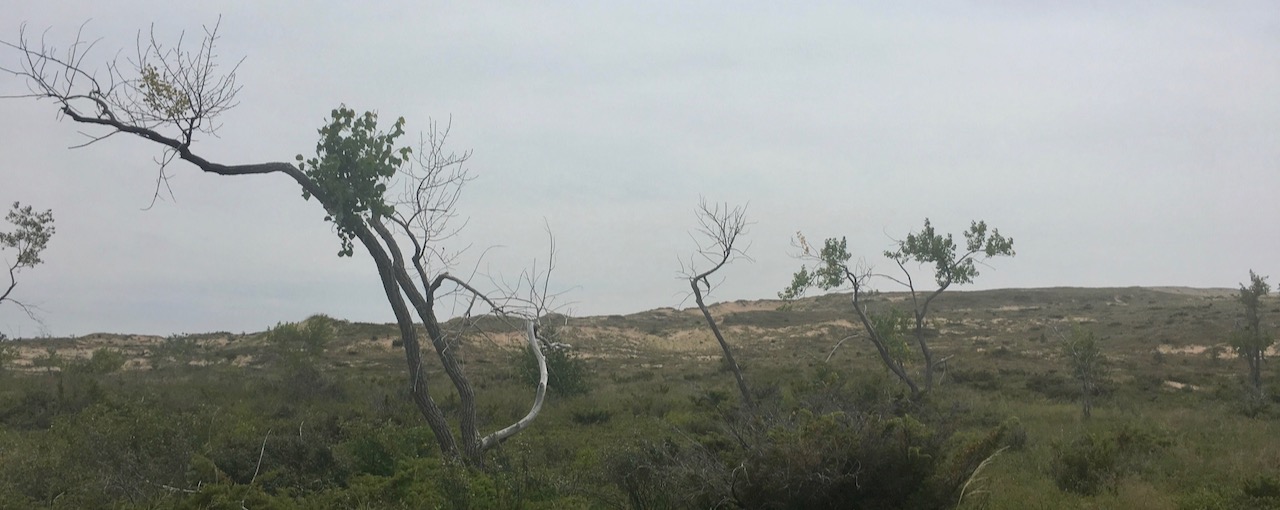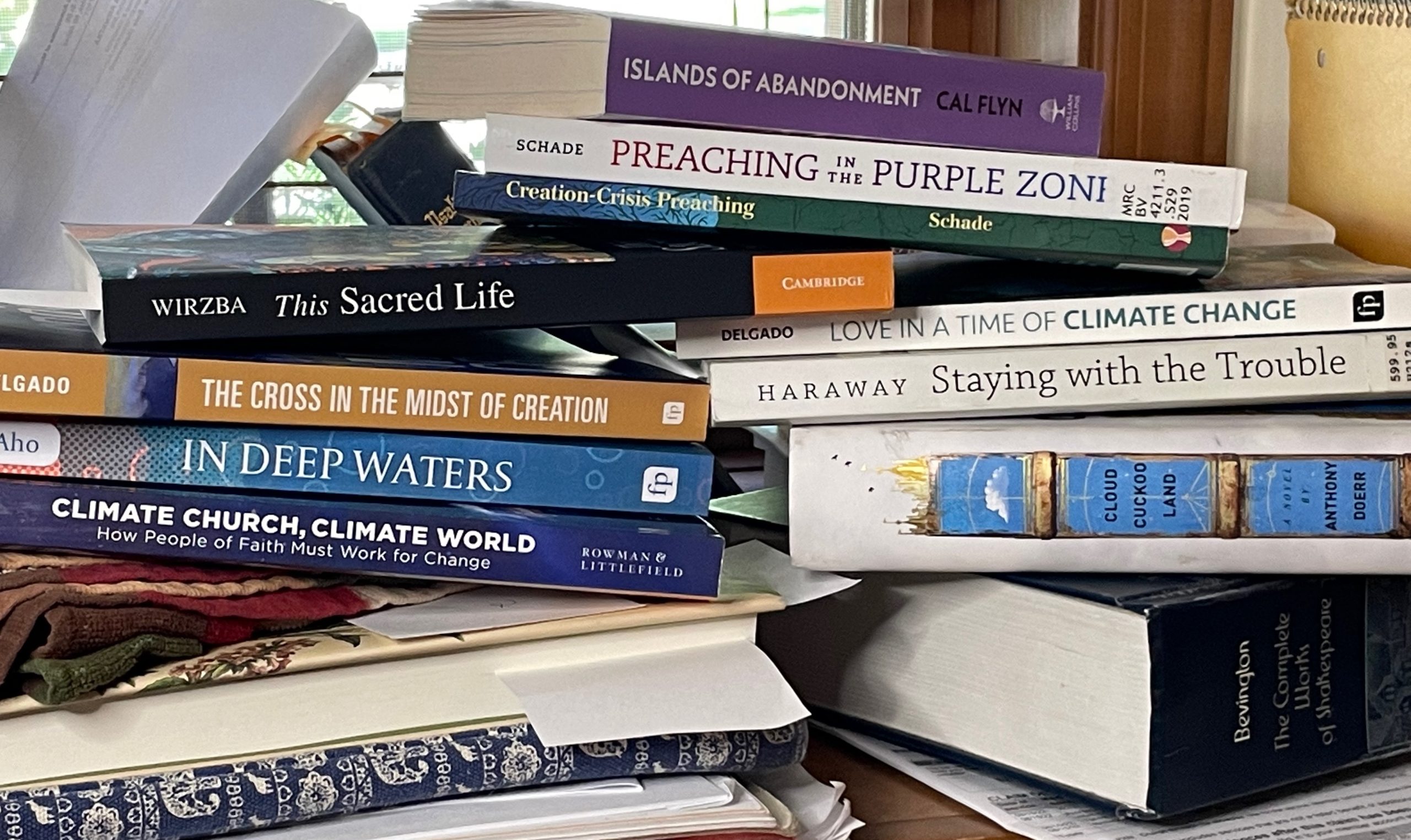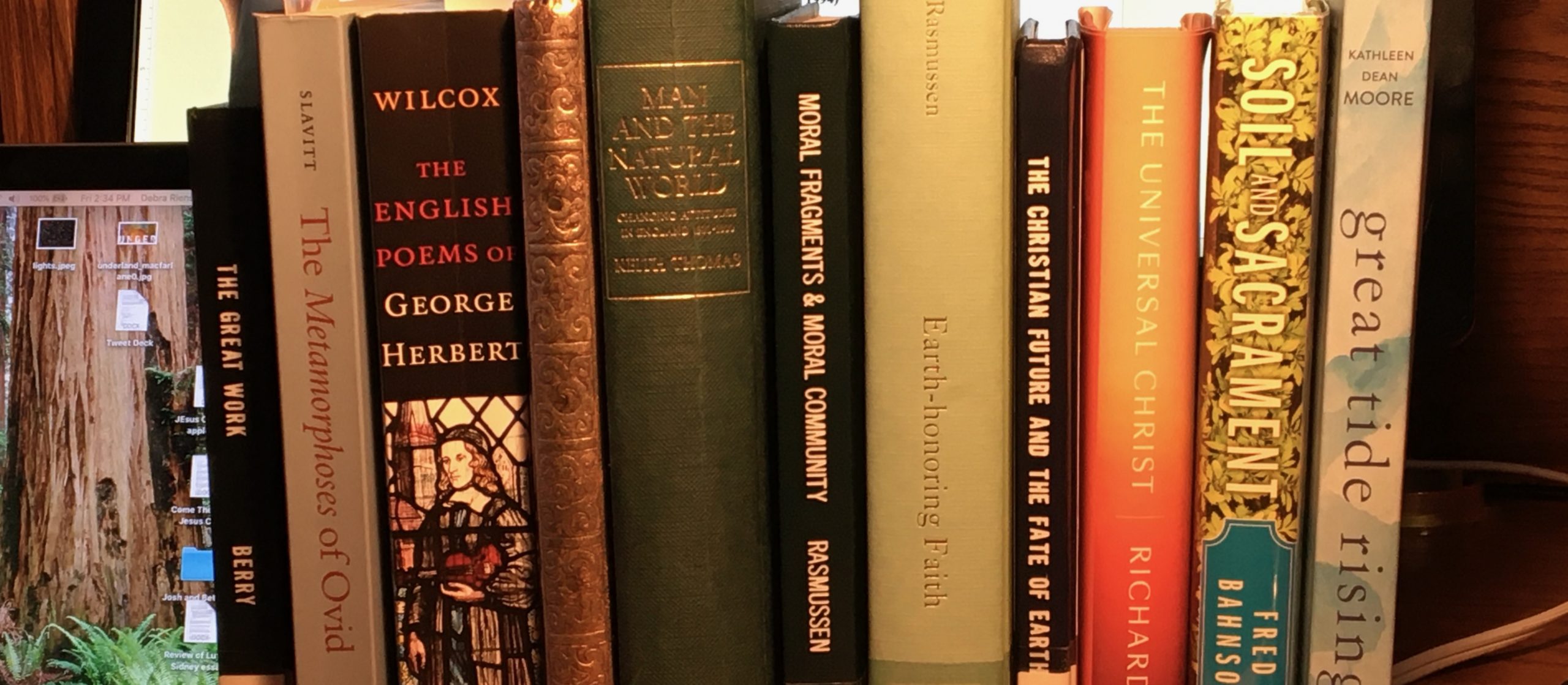Published: Feb 1, 2009
Publisher: Baker Academic
Retail Price: $26.00
Length: 288 pages
Binding: Paper
ISBN: 9780801036163
Words have great significance. They both form and inform us. They convey meaning and shape understanding. They express our highest thoughts and our deepest emotions. But because of their ubiquity, words are easily taken for granted. In Worship Words, part of the Engaging Worship series, professor of English Debra Rienstra and professor of preaching and worship Ron Rienstra make a careful examination of the role and use of language in the worship practices of the church. Their goal is to help students, pastors, and worship leaders come to a renewed appreciation and understanding of words in worship and to inspire them to use words more intentionally–to the greater glory of God and the greater blessing of God’s people.
The book is scholarly–-the result of much field research and theological reflection–-but also highly practical. Its topics include dimensions of language, repetition, authenticity, metaphor, tradition, lament, and worship planning. It is ecumenical in scope, demonstrating understanding and appreciation for various branches of the church while addressing important questions that cut across worship styles and theological and ecclesial traditions. Each chapter includes group discussion questions and exercises for evaluating and creating worship service elements.
Authors
Debra Rienstra
Debra Rienstra is professor of English at Calvin University, where she has taught writing and literature since 1996. She is the author of four books—on motherhood, spirituality, worship, and ecotheology/climate change—as well as numerous essays, poems, and scholarly articles. She writes the fortnightly Refugia Newsletter on Substack, a newsletter for people of faith who want to know and do more about climate. She also writes fortnightly for The Reformed Journal blog, writing about spirituality, climate change, pop culture, the church, the arts, higher ed, and more. Her literary essays have appeared in Rock & Sling, The Examined Life Journal, and Aethlon, among other places.
Ron Rienstra
Ron Rienstra is professor of preaching and worship and director of worship life at Western Seminary in Holland, Michigan. He is an ordained pastor in the Reformed Church in America. He is the author of Church at Church: Jean-Jacques von Allmen’s Liturgical Ecclesiology and numerous articles in Reformed Worship and scholarly journals.
Excerpts
Each chapter concludes with a summary and a series of exercises based on the material in the chapter. The exercises include suggestions for discussion, observation, resource development, and preaching. The following excerpt is from Chapter 7, “Naming God: Meeting the One Who Is.”
Summary Calls to Action
- Analyze the metaphors/images/titles/names for God used in your church’s worship.
- For every name commonly used, find appropriate ways to say yes-no-yes to that name.
- Name, explain, and worship the Trinity.
- Expand the repertoire of names/images/titles/metaphors for God in all aspects of worship language. Explore the Bible’s treasury.
- If possible in your context, reduce the number of gendered pronouns for God. Use gendered titles (such as Lord) but seek ways to diminish the gendered aspect of these names and also seek to use alternatives.
What are the images for God most common in your imagination? In what ways might the Bible expand or challenge your common images?
Choose any Psalm that you know and love. Explore a name for God in order to shape a prayer. Choose one image from the Psalm, and write a prayer in which you name God in terms of the image, then expand the image in praying for the congregation and the world. Remember to speak this image in light of the gospel.
Psalm 23
Example: God, you are a faithful shepherd to us. You know each of us by name, and love us with a fierce, protective love. We ask you to tend the wounds of those who are sick and grieving today, especially…. We ask you to comfort those who are fearful today, fearful of… We ask you to protect those who are in danger today, … Many people in this world do not know your voice. We pray that you will continue to call to them. Let your Spirit speak to them through the church…
Let the shape of the psalm as a whole shape the prayer. Write a prayer that names God in terms of the psalm, then follows the contours of the psalm.
Psalm 1
Example: Judge of the nations, Judge of the heart, all things are revealed to you and nothing is hidden from your wisdom. Teach us to walk in the right paths. Lead us away from all the bad counselors of this world: cynicism, fearfulness, despair, prejudice. Lead us instead into the delight of your ways and teach us to meditate on them. Teach us to pray. As a congregation, plant us like healthy trees near the water of your gracious words. We long to yield fruit for you…
Using an image from the Psalm that especially strikes you and explore an action of God through that image.
Psalm 68:9
You gave abundant showers, O God; you refreshed your weary inheritance.
Example: Dear God, we come to you thirsty, like dry ground. We look to you for all that we need and we wait for your gracious care. Send your Spirit to us, nourishing God, like a drenching shower. Work among us so that, like a fertile field, we might grow good deeds that will feed others in this world…
Variations on this exercise:
Tailor the prayer to a particular place in the service: a call to worship, a prayer for illumination, a congregational prayer, a confessional prayer, and so on. Other passages of Scripture could, of course, form the basis of similar exercises.
Here’s a homiletical exercise, fitting even for nonprofessional preachers: Write a short sermonette in which you explore an unusual image for God from Scripture. Start with a text that has a striking image in it. For instance, consider Exodus 13:21-22 and the image of the pillar of cloud and fire. How can that image speak to us today? Or, explore Luke 15:8-10, the image of the woman and the lost coin from Jesus’s parable. In what ways is God like a determined housekeeper? To get the most out of the exercise, do the following:
- Identify the Scripture text that will be the heart of your mini-sermon.
- Pray through the text, and research anything that puzzles you about it.
- Write a three-sentence paragraph (at most) that simply restates what the text says, and does so well and beautifully. This is the second paragraph of your three-paragraph sermonette.
- Write another three-sentence paragraph, this time in response to asking “So what?” of your second paragraph. This is the third paragraph for your sermon
- Think about your friends, both Christian and non-Christian. What would connect their experience or life to this text? Write another paragraph of no more than three sentences. This is the first paragraph of your sermon.
During a worship service you attend, observe the presence of KINGAFAP. Was this the dominant metaphor system in the service? Were there any elements of the service whose language compellingly challenged the distortions of KINGAFAP, that is, more than a passing reference to God as servant, sufferer, or something other than the distant, masculine ruler? Based on your observations, does this worshiping assembly have a KINGAFAP problem? Now that you are looking for this metaphor system, reflect briefly on the role it plays in your own devotional life. Is it your own dominant image of God?
Compose a new song acclaiming the Trinity. Can we adore the Triune God with the same intimate love with which we adore Jesus? What images can we employ to draw people into worshipful awe at the beauty and holiness of the Triune God?
Reviews
Endorsements
Resources

Advent in the Wasteland
I propose that Advent is the time when we are allowed—even encouraged—to be honest about our disappointment, our sadness, our cynicism.

Refugia Podcast Episode 31 Artful Wildness: Biologist Dave Koetje Reflects on Season 3
In the face of climate change and other ecological disturbances, you want to try to enhance biodiversity in your own yard. And as people do this, they can not only experiment to try to find combinations of biodiversity that can actually thrive under new climate conditions, but at the same time, you’re also trying to nurture your own soul, because, as so many people have reported, one way to have hope for the future is to plant gardens.

Refugia Podcast Episode 30 Fortress Press Roundtable: Sharon Delgado and Talitha Amadea Aho on Sentinel Experiences, the Clash of Kingdoms, and Caring Well for Young People in Crisis Times
I preach, I teach, I write, and so on, for that purpose: to hope that through my puny efforts God can help to rouse the church community. That’s what I think the church needs the most, is to be roused related to our social issues.

Refugia Podcast Episode 29 Climate Hospitality: Karyn Bigelow and Avery Davis Lamb on Creation Justice Ministries and Resilient Church Communities
What we mean when we say “climate resilience” is not simply the ability to bounce back after climate impacts and disasters, but the ability to bounce forward. So seeing these moments we’re in of climate breakdown not simply as a time to rebuild what has been destroyed, but to kind of reconstitute our life together to transform how we live together in the beloved community.

Pious Petunia Canvasses the Neighborhood
You’ve exchanged friendly hellos while fetching the mail, and now you wonder: who are these alien beings?

Refugia Podcast Episode 28 Becoming The Refuge: Rev. Gerry Koning on Sensory Sanctuaries, Poo-Sniffing Dogs, and the Transition to a New Kind of Church
I can’t step back anymore. I’m committed. I’m going to go to the end with this. And I’m just going to let the results be in God’s hand.

Refugia Podcast Episode 27 God is Still Speaking: Rev. Jim Antal on Communal Vocation, Golden Rule 2.0, and Our Urgent Moral Challenge
If we are to be faithful, we must address the emergent moral challenges. What could be more of an emergent moral challenge than climate change?

Refugia Podcast Episode 26 At School in Community: Ruth Padilla DeBorst on Intentional Christian Community, Resisting the Allure of Empire, and Planetary Gardening
A church of refugia will be one that is introspective enough to admit, to confess, to lament, to recognize that complicity; to seek then to open up to the work of the Spirit to convict of truth and to bring change, to change those hearts of stone into hearts of flesh.

Refugia Podcast Episode 25 Houses of the Future: Rabbi Dean Shapiro on Biblical Stories, Renewed Ritual, and Facing Climate Change as Religious Communities
We want to create a shared space and curriculum through which religious leaders from a wide, wide range of wisdoms will produce and share knowledge with one another and train to lead their communities. And this is all rooted in the conviction that we can, and in fact, we must make a meaningful contribution to ensuring a livable planet and a future in which wellbeing is obtainable for all humankind.

Yet More Books for Your Night Table
Here are some recent gems I would commend to you. If you can make it through the serious theology, you’ll get to a couple great novels at the end.

Refugia Podcast Episode 24 The Arc of Movement History: May Boeve on Bridging Refugia through Global Connection, Leveraging Prophetic Speech, and Looking into the Abyss with Faith
So much of the social change we need to make to confront climate change requires community structures, requires people working together to make change. And you can create new structures, and a lot of people do, but there are also a lot of existing structures, and a lot of them are tied to church and faith in some way.

Refugia Podcast Episode 23 Purple Zone Refugia: Leah Schade on Creation Crisis Preaching, the Prophetic Church, and the Trickster Christ
People who are in power want to silence the prophetic voice and the prophetic function of churches. But that is actually one of the reasons the church came into existence in the first place——was to challenge the power structures that victimized and profited and oppressed and exploited vulnerable peoples.

We’ve Forgotten How to Read
Our brains are altered by swimming in digital media, its allures and distractions. And our lives of continuous partial attention make deep concentration more difficult. We can still do it, but it’s harder.

At What Point Do I Get Rid of This?
I did not realize that carpet replacement would be a spiritual experience, but it turned out to be a massive exercise in crap management.

New Wine from The Porter’s Gate: The Climate Vigil Album
With their just-released album, Climate Vigil, The Porter’s Gate aims to help the church wake up to “one of the greatest moral challenges of our time.”

The Best Story Wins
I want to focus on the power of meaning-making narratives. In the wearying events of the last few years, we’ve seen two tiny little denominations struggle to figure out (once again) what narrative we are living into. Is the future of our denominations a game where one side wins and the other side loses? Is it a war? Is it a detox operation? And what story-ending are we aiming for?

